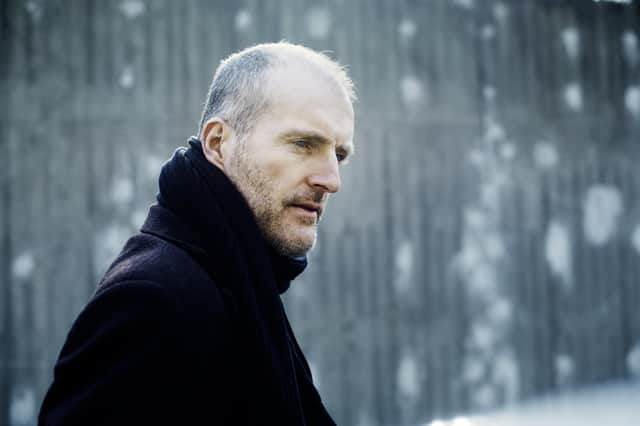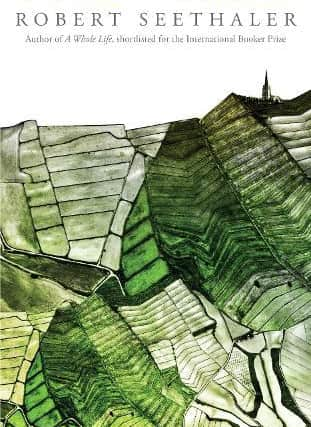Book review: The Field, by Robert Seethaler


If there's one thing that could be said to unify the works of Austrian author Robert Seethaler (at least, the three novels that have been translated into English so far) it is a subtle yet distinctive brand of Mitteleuropean melancholia – his stories are full of moments of profound, cathartic sadness that are the literary equivalent of a shrug, a sigh and a gaze into the middle distance that seems to say, "so ist das leben."
In A Whole Life, first published in English in 2015 and nominated for the Man Booker International Prize, these moments come thick and fast in the saga of Andreas Egger, a farmer turned cable car engineer turned soldier turned mountain guide who suffers shattering loss, yet in the end achieves a state of deep contentment. In The Tobacconist (2016) – the story of a young lad from the Austrian countryside who moves to Vienna in the 1930s and by chance ends up working in Sigmund Freud's cigar emporium of choice – this sense of melancholia seeps into everything, as it becomes increasingly clear that the world as experienced by the characters in the novel is about to be swept away by the tide of world events. In Seethaler's latest novel, The Field, however, he has perhaps reached peak melancholy.
Advertisement
Hide AdThe titular field is a part of the cemetery in the small agricultural town of Paulstadt, donated by a local farmer who couldn't do anything with it. In the opening chapter, an old man – a regular visitor to the cemetery – comes to sit on his usual bench under a birch tree. With his head bowed and his hands folded in his lap, he seems to be praying, "but the truth was, he was convinced he could hear the dead talking. He couldn't understand what they were saying, but he perceived their voices just as clearly as the twittering of the birds."


And then, for the next 200-odd pages, we really do hear the dead of Paulstadt speak, as, chapter by chapter, the field’s long-term residents take it in turns to tell the stories of their lives. Regrets, they've had more than a few: Hannes Dixon, who ran the town's only newspaper, admits to wishing he had "looked at things more carefully" and also "looked at things less carefully"; Herm Leydicke wishes he'd told the important people in his life that he loved them; remembering a few of her 67 sexual partners, Heide Friedland evidently regrets sleeping with a man who used to carry two brooms with him everywhere and talk to them while drunk.
Seethaler has fun with the married couples, letting them present very different takes on their relationships, but mostly the echoes are more subtle, with a fragment of one person's story occasionally cropping up as an aside in somebody else's. The overall effect is a multi-faceted portrait of an unremarkable town inhabited by flawed, mostly unremarkable people; yet those carefully crafted moments of catharsis, when they come, still hit you with all the force of a freight train.
The Field, by Robert Seethaler, translated by Charlotte Collins, Picador, 234pp, £14.99
A message from the Editor
Thank you for reading this article. We're more reliant on your support than ever as the shift in consumer habits brought about by coronavirus impacts our advertisers.
If you haven't already, please consider supporting our trusted, fact-checked journalism by taking out a digital subscription at https://www.scotsman.com/subscriptions